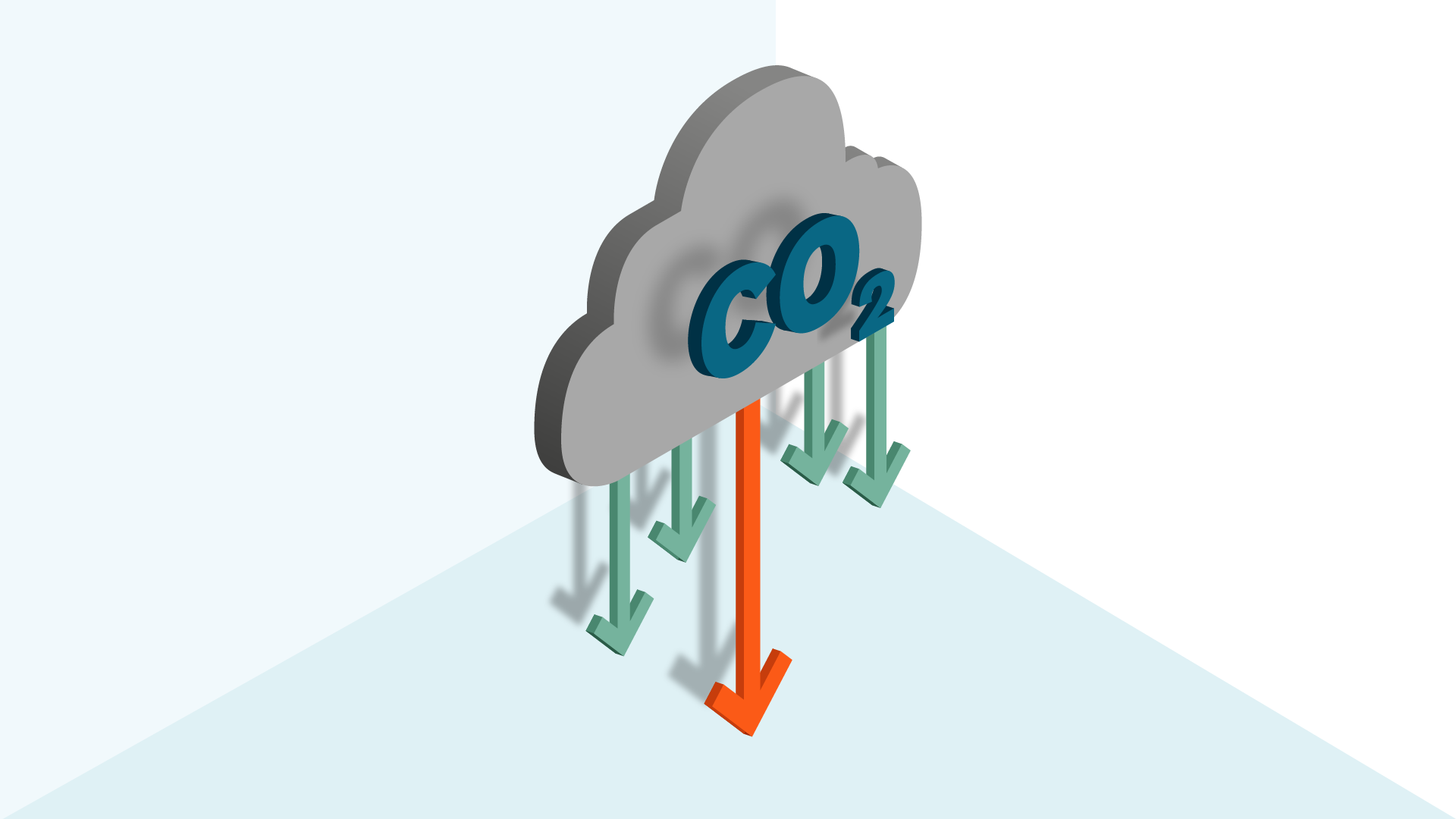European Commission announces hydrogen and gas market decarbonisation plans
Published on 12th January 2022
Recast package delivers a legal framework for a hydrogen strategy and market that can draw investment into dedicated infrastructure

The European Commission has adopted a set of legislative proposals to decarbonise the EU's gas market by facilitating the uptake of renewable and low-carbon gases, including hydrogen.
The gas markets and hydrogen package published on 15 December 2021 consists of a recast of the Gas Directive and Gas Regulation.
The EU's focus on the gas market follows its overhaul of the rules for the electricity market in 2019 through the Clean energy for all Europeans package.
What does the gas markets and hydrogen package mean for EU gas market participants?
Renewable gas and biomethane
Firstly, there is a notable increase in focus on renewable and low-carbon gases. New definitions for renewable gas and both low-carbon gas and hydrogen are proposed. The existing rules on natural gas also apply to all gases that primarily consist of methane and can technically and safely be injected into and transported through the natural gas system. These have been recast with a particular mention for biomethane.
Renewable gases will be certified in accordance with articles 29 and 30 of the Renewable Energy Directive (EU) 2018/2001.
Member States will furthermore be required to enable the access of renewable and low-carbon gases to the market and infrastructure regardless of whether the renewable and low-carbon gases production facilities are connected to distribution or transmission networks.
Hydrogen framework
A significant new direction in the package is the explicit legal framework for hydrogen. Although the Commission adopted a strategy on hydrogen in 2020, a hard-law legal framework has remained lacking. The package addresses this legal gap.
With regard to hydrogen, Member States will firstly be required to implement a system of regulated third-party access to hydrogen networks, terminals and storage based on published tariffs and applied objectively and without discrimination between any hydrogen network users. Refusal of access and connection will be limited, both for natural gas and hydrogen undertakings, to where there is a lack of capacity.
Rules are also being proposed regarding cross-border coordination on hydrogen quality, a new European Network of Network Operators for Hydrogen – including monitoring of its activities by the EU's ACER (the Agency for the Cooperation of Energy Regulators), an EU-wide Ten Year Network Development Plan for hydrogen, and transparency requirements for hydrogen-network operators. The network codes that exist for the natural gas sector will be adapted to hydrogen.
Hydrogen is expected to be used mainly in the areas where electrification is not an option, including energy-intensive industries (for example, refineries, fertilisers and steelmaking) and certain heavy-duty transport sectors (maritime transport, aviation and long-distance heavy vehicle haulage).
'Unbundling' requirements
The Commission still considers the appointment of the network owner as the system operator and its independence from any supply and production interests – "unbundling" – as the most effective tool to promote investments in infrastructure in a non-discriminatory way, as well as fair access to the network for new entrants and transparency in the market. Member States are, therefore, required to ensure that the same person or persons are not entitled to exercise control over a production or supply undertaking while also exercising control or any right over a transmission system operator or transmission system.
Under the adopted package, these unbundling requirements will also be expanded to hydrogen network operators. At the latest, one year after the start of the transposition period for the recast Gas Directive, hydrogen network operators will have to be unbundled in a similar way to natural gas transmission system operators. However, if, when the Directive comes into force, the hydrogen network belongs to a vertically integrated undertaking, a Member State can decide not to unbundle it and, instead, designate an independent hydrogen network operator unbundled in accordance with the rules on independent system operators for natural gas.
Integrated network planning
The new package introduces the concept of a single network development plan per Member State. This plan will bundle information on the development of infrastructure in the electricity, (natural) gas and hydrogen sectors.
Infrastructure operators, including those of liquefied natural gas terminals and storage and distribution systems, as well as hydrogen, district heating and electricity, will be required to provide and exchange all relevant information to the transmission system operators required for developing the single plan. This single plan will also have to be aligned with the National Energy and Climate Plan of the relevant Member State, as well as the EU-wide Ten Year Network Development Plan.
Hydrogen network operators will additionally be required to submit an overview of the hydrogen network infrastructure they aim to develop to the relevant regulatory authority, at regular intervals as determined by that authority.
Tackling methane emissions
Finally, in parallel with the adoption of this package, the Commission also adopted the first-ever EU legislative proposal on methane emissions reduction in the energy sector. This regulation will require the oil, gas and coal sectors to measure, report and verify methane emissions, and proposes strict rules to detect and repair methane leaks and to limit venting and flaring.
Osborne Clarke comment
This package is an important step towards delivering the EU's target of decarbonising the energy it consumes so that it reduces greenhouse gas emissions by at least 55% by 2030 and becomes climate-neutral by 2050.
It is particularly helpful to see the legal framework that will help to deliver the EU's hydrogen strategy. Indeed, one of the main aims of the package is to establish a market for hydrogen, create the right environment for investment and enable the development of dedicated infrastructure.





